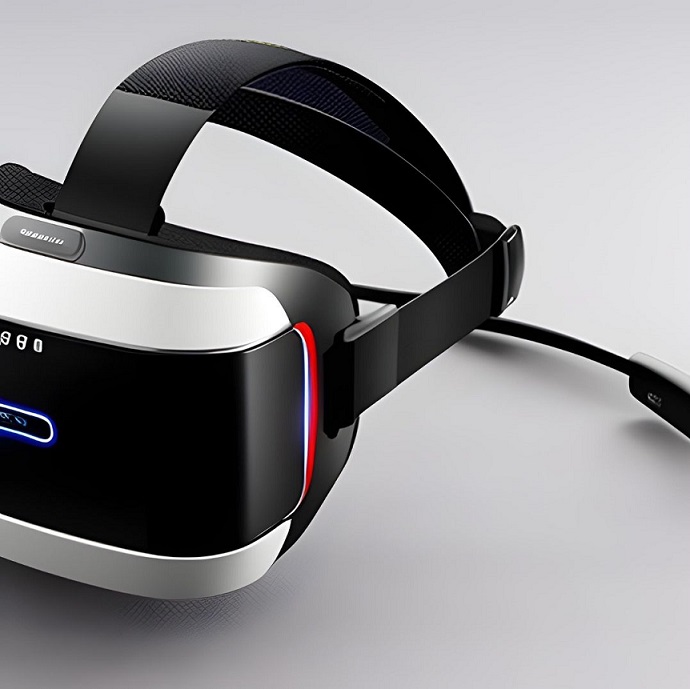Virtual Reality (VR) has come a long way since its inception, transforming from a sci-fi fantasy into a groundbreaking technology that continues to push the boundaries of human experiences. As we step into the next generation of virtual reality, the possibilities for immersive encounters are becoming increasingly exciting and diverse. In this article, we will delve into the advancements in VR technology, the applications of immersive experiences, and the potential impact on various industries.
- Advancements in VR Technology
The next generation of virtual reality is witnessing a surge in technological advancements, making VR more accessible, realistic, and user-friendly. Improved graphics processing units (GPUs), higher resolution displays, and enhanced tracking systems have significantly increased the visual fidelity and reduced motion sickness, making the VR experience more comfortable and immersive.
Wireless VR headsets are becoming more prevalent, untethering users from cables and allowing for a more seamless and natural movement within virtual environments. Additionally, haptic feedback devices and motion controllers are enhancing the sense of touch and interaction, further blurring the lines between the physical and virtual realms.
- Applications of Immersive Experiences
Gaming and Entertainment: The gaming industry has been at the forefront of driving VR adoption. Next-gen VR opens up possibilities for gaming experiences that are beyond anything previously imagined. Players can fully immerse themselves in vast virtual worlds, interact with characters, and engage in physical movements that mirror their actions in the real world.
Education and Training: VR is revolutionizing education and training by offering interactive, hands-on learning experiences. Students can explore historical landmarks, dissect virtual organisms, and practice complex procedures in a risk-free environment. For professionals, VR-based simulations are becoming valuable tools for training in industries like healthcare, aviation, and engineering.
Healthcare and Therapy: Virtual Reality has shown great potential in healthcare and therapy. It is used to treat phobias, post-traumatic stress disorder (PTSD), and chronic pain. VR therapy provides a controlled environment where patients can confront their fears and traumas safely, making it a powerful adjunct to traditional therapeutic methods.
Virtual Tourism: VR is enabling virtual travel, allowing individuals to visit iconic destinations and experience different cultures without leaving their homes. This immersive tourism experience has the potential to promote empathy and cross-cultural understanding.
Collaboration and Communication: VR is reshaping the way people collaborate and communicate remotely. Virtual meetings and collaborative workspaces create a sense of presence, allowing teams scattered across the globe to interact as if they were in the same room, fostering creativity and productivity.
- Impact on Various Industries
Entertainment Industry: The entertainment sector is witnessing a paradigm shift with the integration of VR experiences into movies, music concerts, and live events. VR technology offers audiences a more engaging and interactive way to enjoy content, leading to novel storytelling techniques and enhanced audience engagement.
Real Estate and Architecture: VR is revolutionizing the real estate and architecture industries by offering virtual property tours and architectural visualization. Potential buyers and clients can explore properties and architectural designs in 3D, making informed decisions before committing to physical visits or construction.
Marketing and Advertising: Brands are adopting VR to create unique and immersive marketing experiences. VR marketing campaigns can transport customers into brand stories, fostering a more profound emotional connection and increasing brand loyalty.
The next generation of virtual reality is unlocking a world of possibilities and transforming how we experience the digital realm. With technological advancements, VR is becoming more accessible and appealing to a broader audience, transcending traditional entertainment and permeating various industries.
The applications of immersive experiences are diverse, ranging from gaming and education to healthcare and marketing. As the VR ecosystem continues to expand, it will reshape industries, bridge geographical divides, and push the boundaries of human imagination. The future of virtual reality is undoubtedly promising, and as we embrace this technology, we embark on a thrilling journey into a new era of immersive experiences.





















